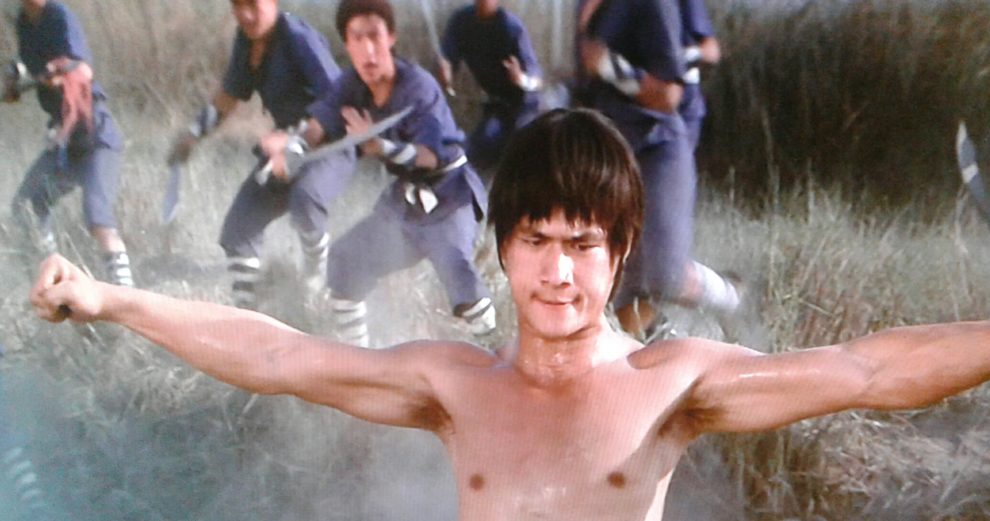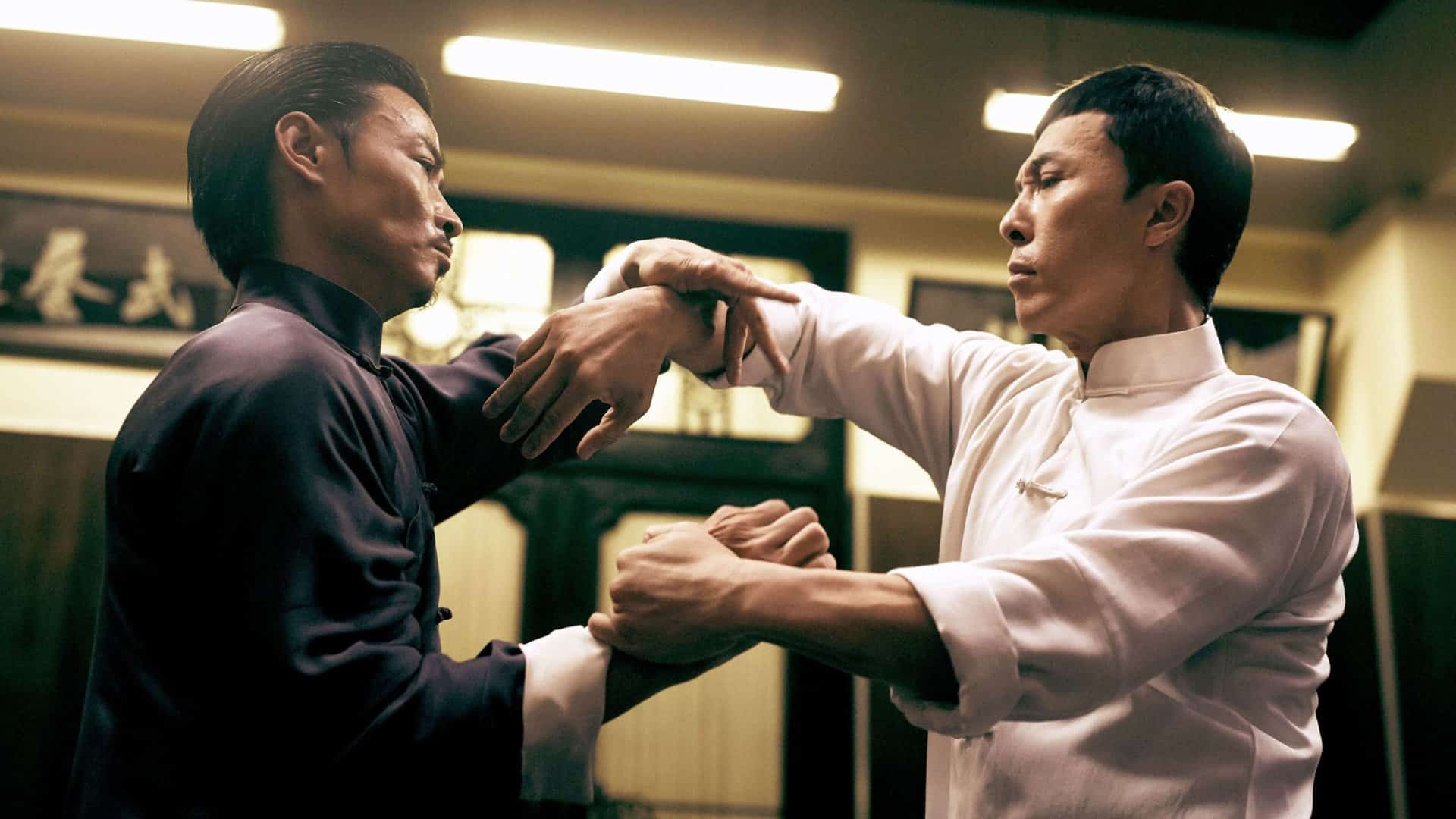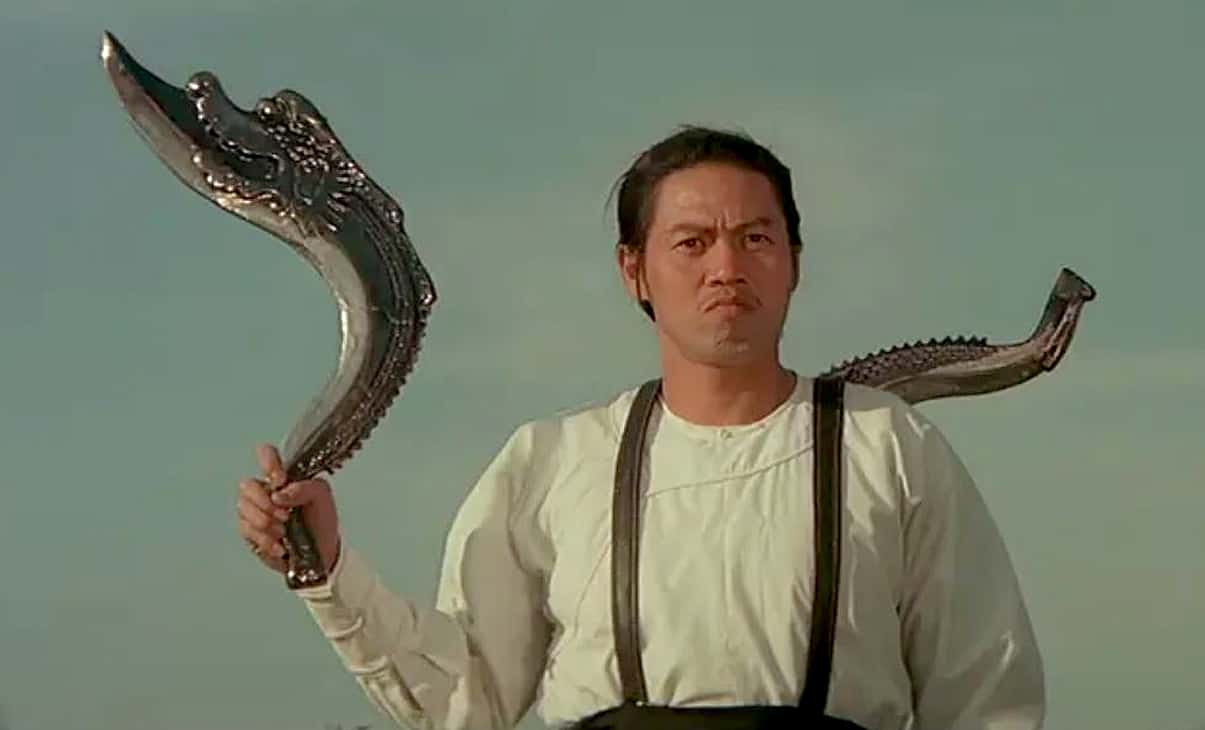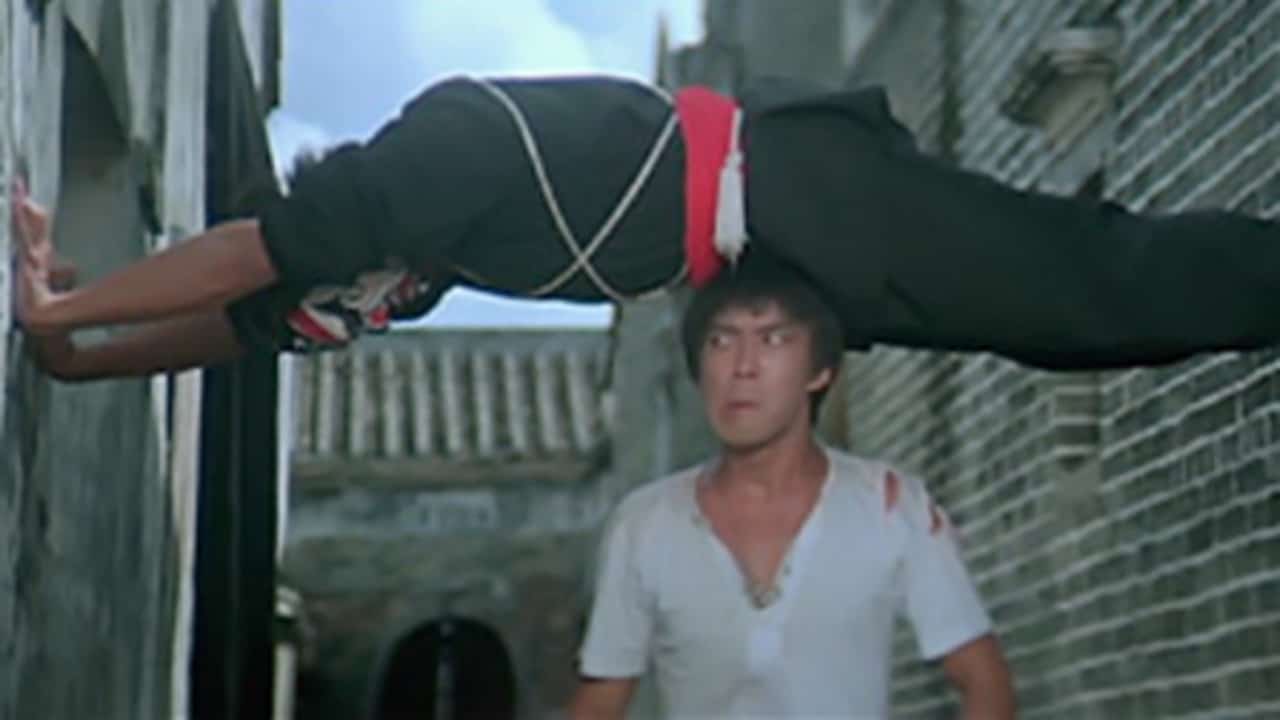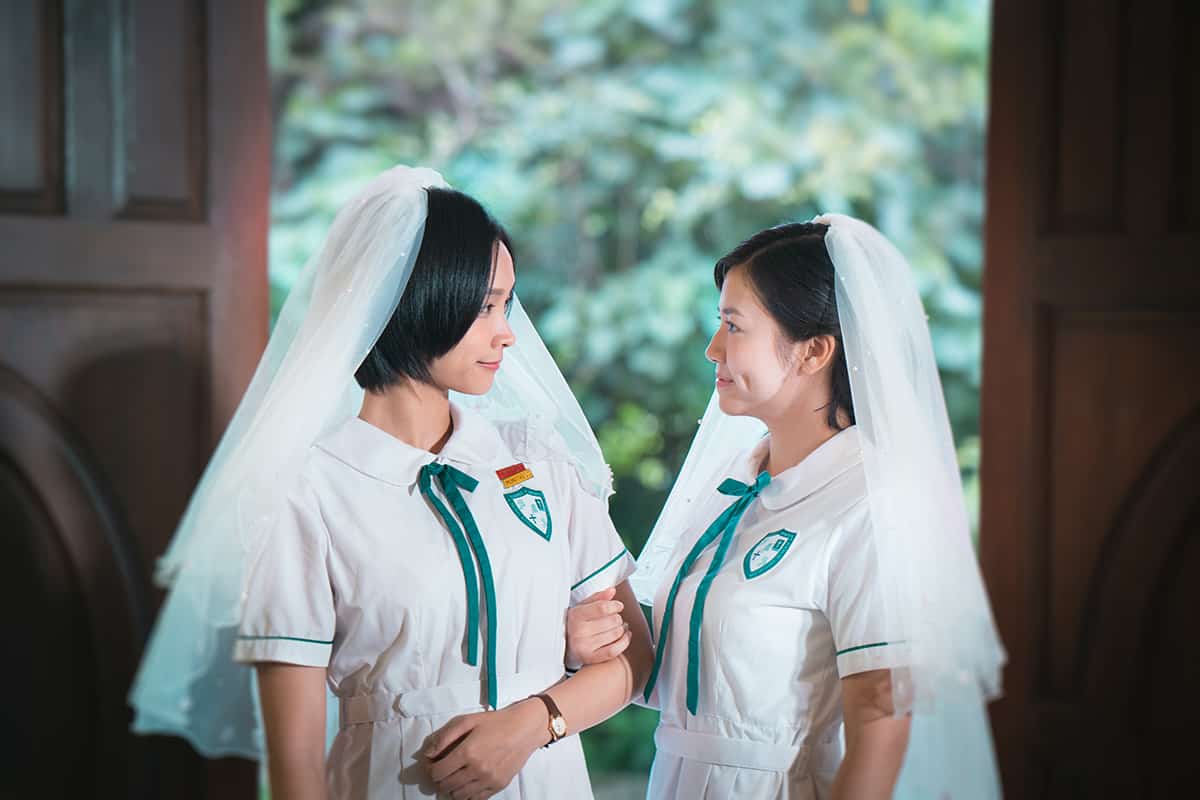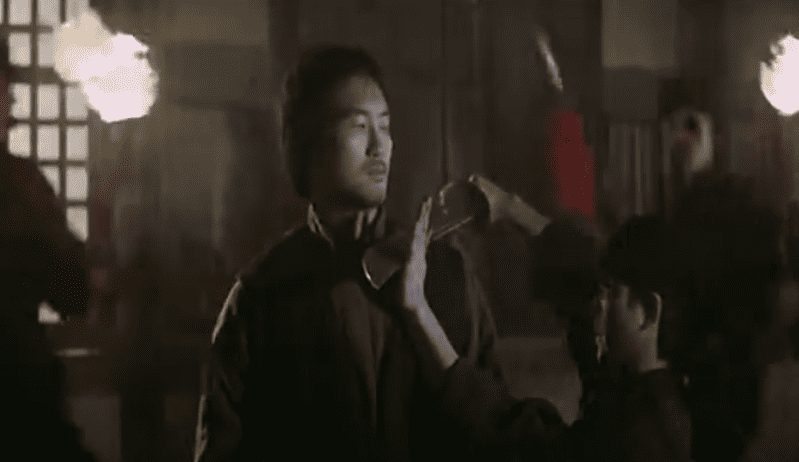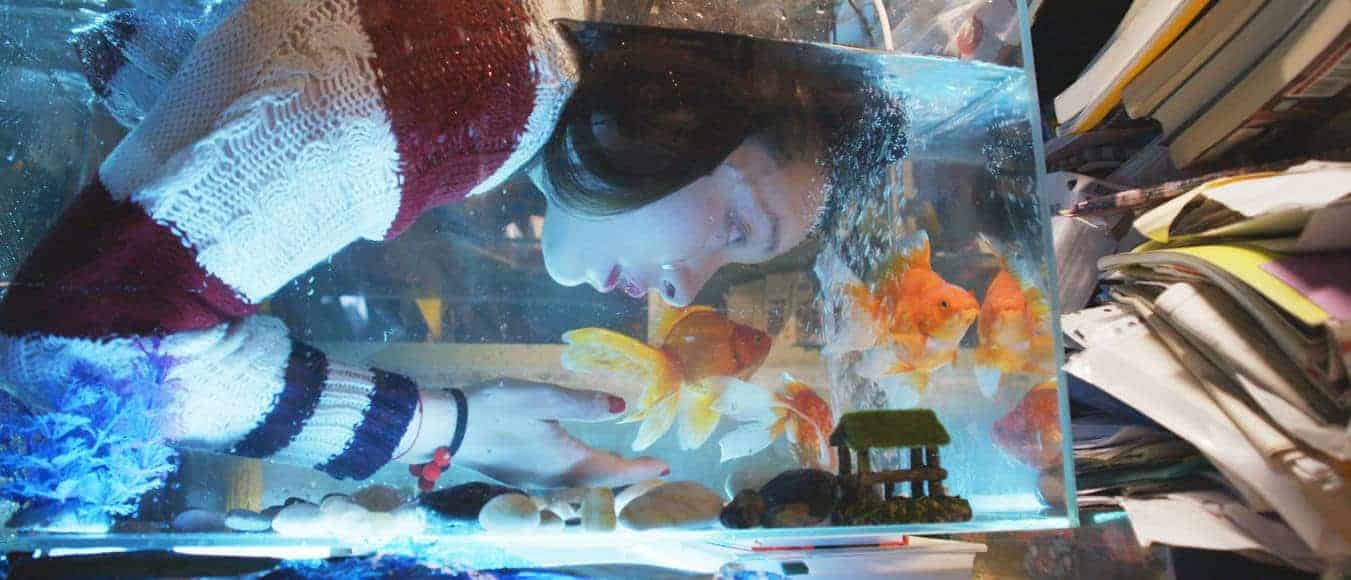When delving into the world of the martial arts movies, it can be hard to know where to begin. In my formative days shelves in the video store were full of VHS and then DVD's of extravagant titles with “Revenge”, “Shaolin”, “Tiger”, or “Dragon” emblazoned on the title. Working out which was good or cinematic purgatory was quite the challenge. So with Shaw Brothers and Kung Fu cinema emerging on blu ray once more, how does this title hold up?
Buy This Title
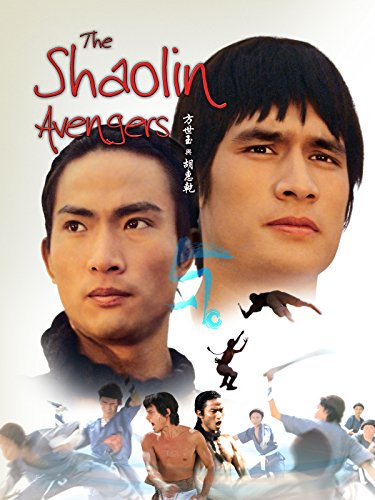
A retelling of the Fong Sai-yuk story. As Shaolin disciples are slain by the white eyebrowed monk and his allies, Fong Sai-yuk (Fu Sheng) must learn a secret style that renders him impervious to blows in order to avenge the death of his parents. Joined by Hu Hui-chien (Chi Kuan Chun) who equally has revenge in mind, they perfect their skills but Fong Sai-yuk has a hidden weakness in training that may prove fatal as battle lines are drawn.
If that synopsis feels a bit familiar, then it's because director Chang Cheh made a cycle of Shaolin epics in the mid-late 1970's with a similar cast almost in rotation. “The Shaolin Avengers” stands out by having a rather unusual fractured narrative. Whilst you may get the odd exposition flashback in some, for the most part martial arts movies tend to follow a set linear path from A to B with the arc punctuated by action. Here we actually start at the beginning of the final confrontation and then rewind, cutting back again every so often as we learn more how everyone got to that point. Initially it can be confusing, mainly because the flashbacks-within-flashbacks approach is so rare in this genre. This soon passes though and it actually adds more weight to the drama.
Performance-wise this is Fu Sheng‘s film. It was a great tragedy that he died at such a young age, yet in some ways hindsight only adds a deeper layer to his portrayal of Fong Sai-yuk, both almost mirroring the other. His mischievous screen persona that had parallels with Jackie Chan fully encapsulates the general portrayal of this folkloric legend. As with the actor playing him, Fong Sai-yuk died at a young age and so often would be seen as a more immature individual. It is a persona that would define Fu Sheng and this would not be the only time he would be cast as this martial hero. Cast opposite as Hu Hui-chien is Chi Kuan Chun, a more serious looking actor whose intense more humourless persona is equally ideally suited to the part. Often cast together in this Shaolin cycle, their respective screen images dovetail perfectly. Whilst Chi Kuan Chun would usually be the “big brother”, here he is to an extent the junior partner but handles his side well, especially in the bloody climax that follows.
Disappointingly, once again the lack of strong female characterization is evident in a Chang Cheh production. In the Gong Sai-yuk tales, his mother is considered an equal marital artist. Whilst the father gets a flashback demise, she is swiftly dispatched off screen despite being shown as the traditional tutor role. Now the usual marginalised female character is something I've critiqued before but it is even more frustrating here as one of the more interesting ones in martial lore is pushed to the side. Alongside the similar marginalization of the title character in “Golden Swallow” this has to be the most disappointing example.
The action itself is as you would expect. The occasional colour filter in the fight sequences and the standard man gets bloodied and severely injured only to wrap torn shirt around waist and keep fighting until expires motif that is a staple of a Chang Cheh work. Men die bloodily and heroically as they fight against an army that surrounds them but conveniently never charge at once. It's a cliche but when done with intensity, works well. This is evident here as clearly it is a feature the director was more invested in. The theme of brotherhood and sacrifice is never far from the surface and few emerge unscathed from the final confrontation. Splitting the climax across the running time works to its advantage as in the classic kung fu era, they could be rather lengthy and drawn out. This makes it feel less overblown and spreads the action more evenly across the whole feature. The regular Chang Cheh repatory company of heavies (Wang Lung-wei and Leung Kar-yan) are on hand also to bring polish to these clashes.
This is an “Old School” kung fu movie in how the action is presented. Long takes making the most of the widescreen frame make the action clear and demonstrate the skills of the performers. Those used to a more rapid-fire editing approach adopted today might struggle with what may feel is a slower pace but these films will always divide opinion and it is individual taste that shall determine if it captivates or pushes away.
This is certainly one of Chang Cheh's better works. There is more of a flourish in the direction, which with the break in narrative structure demonstrates a more vested interest and not a paint by (blood red) numbers effort. The comical side of Fu Sheng's persona doesn't veer into mugging and is complimented by Chi Kuan Chun's more serious portrayal. Aside from the usual criticism of regular issues prevalent in the directors canon, this is an excellent, well constructed and intense exmple of martial arts cinema from the classic era.


